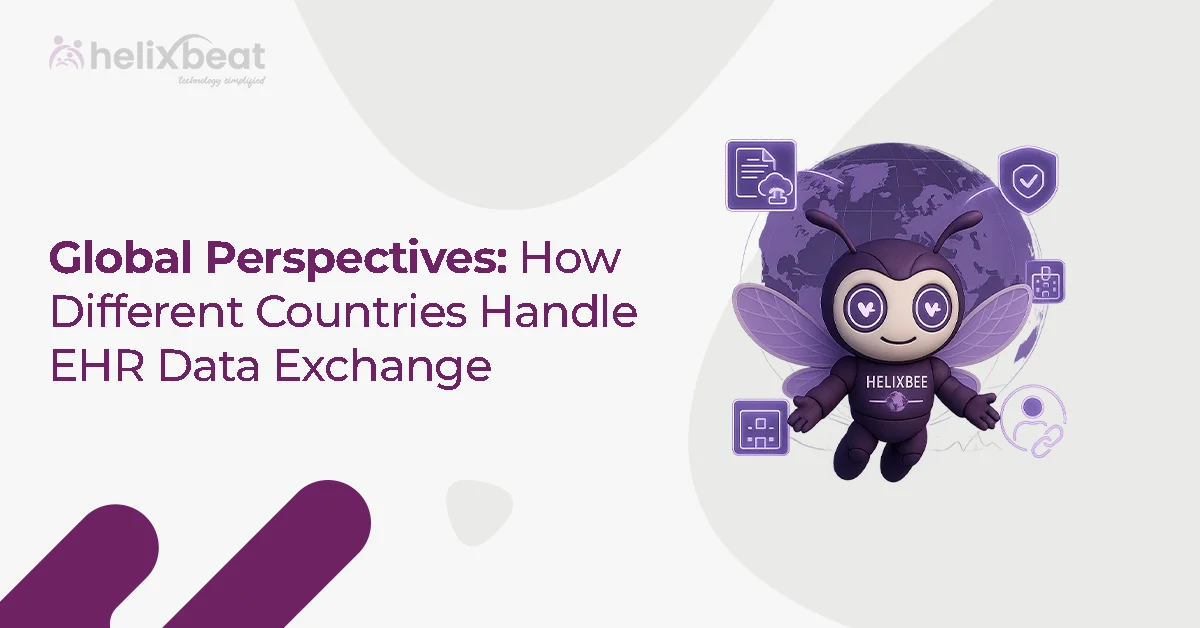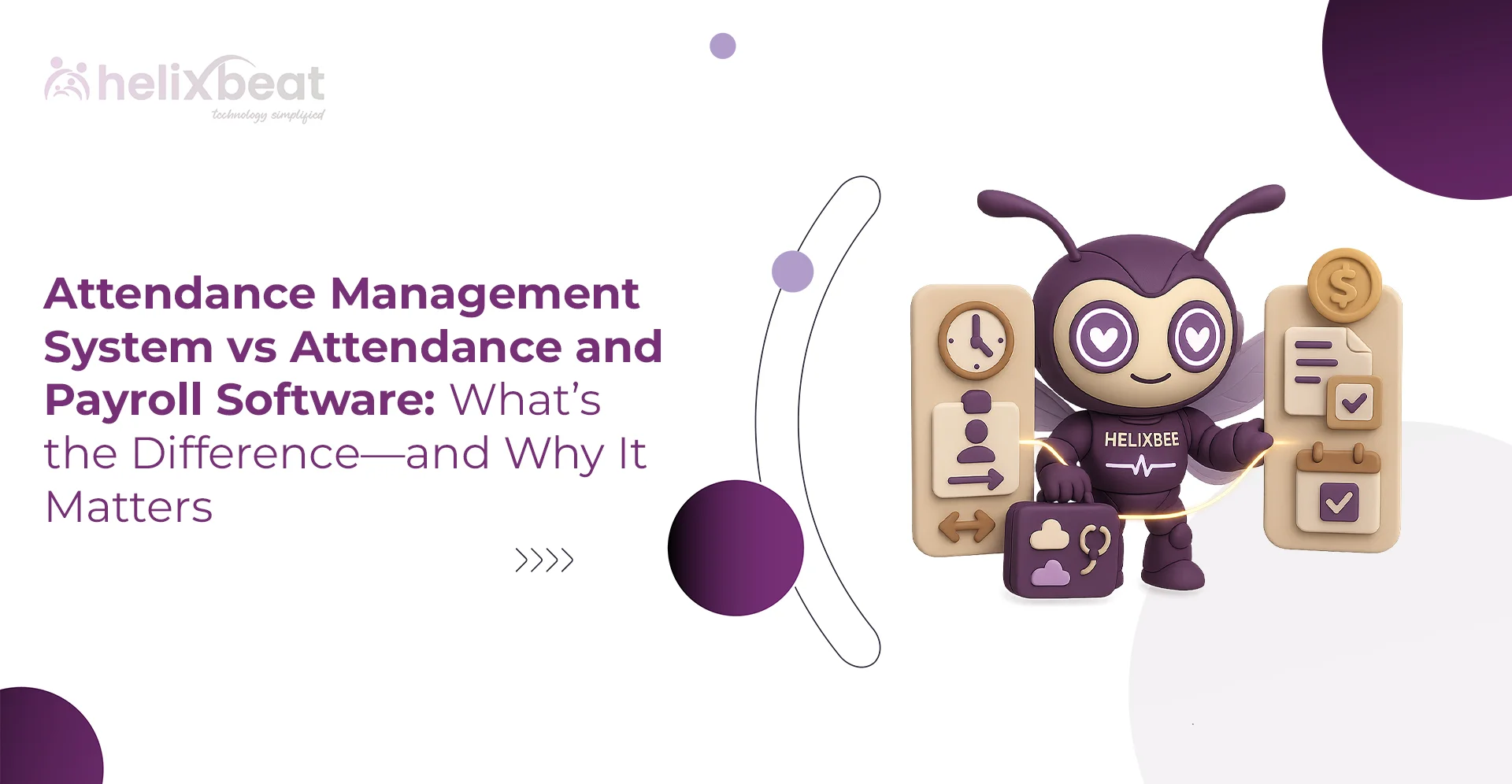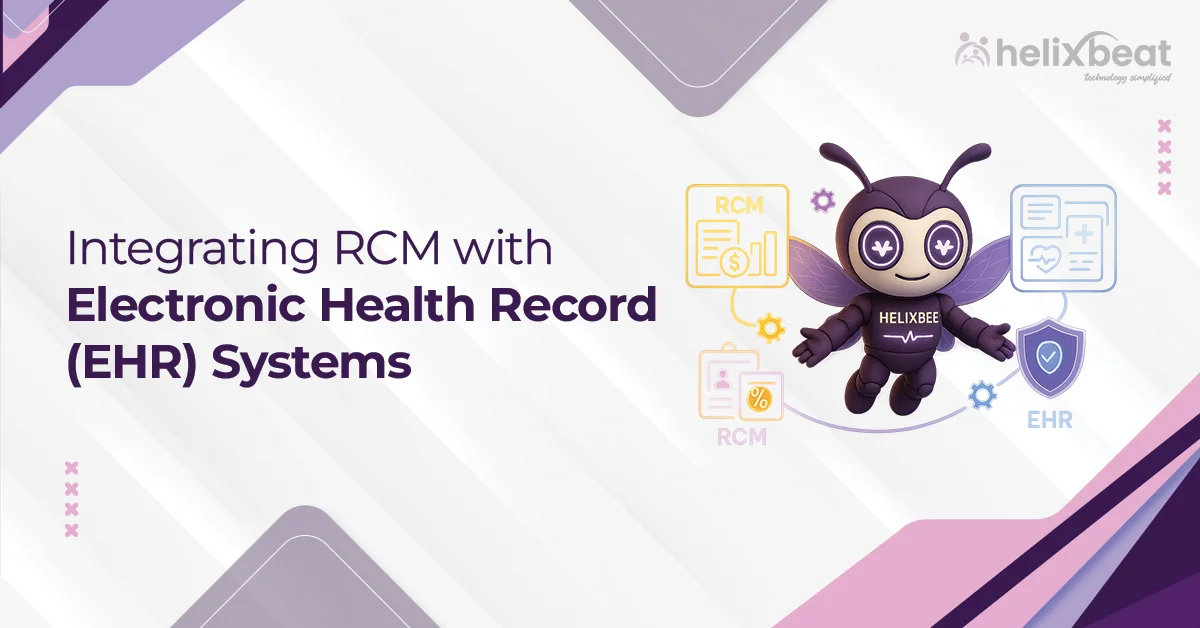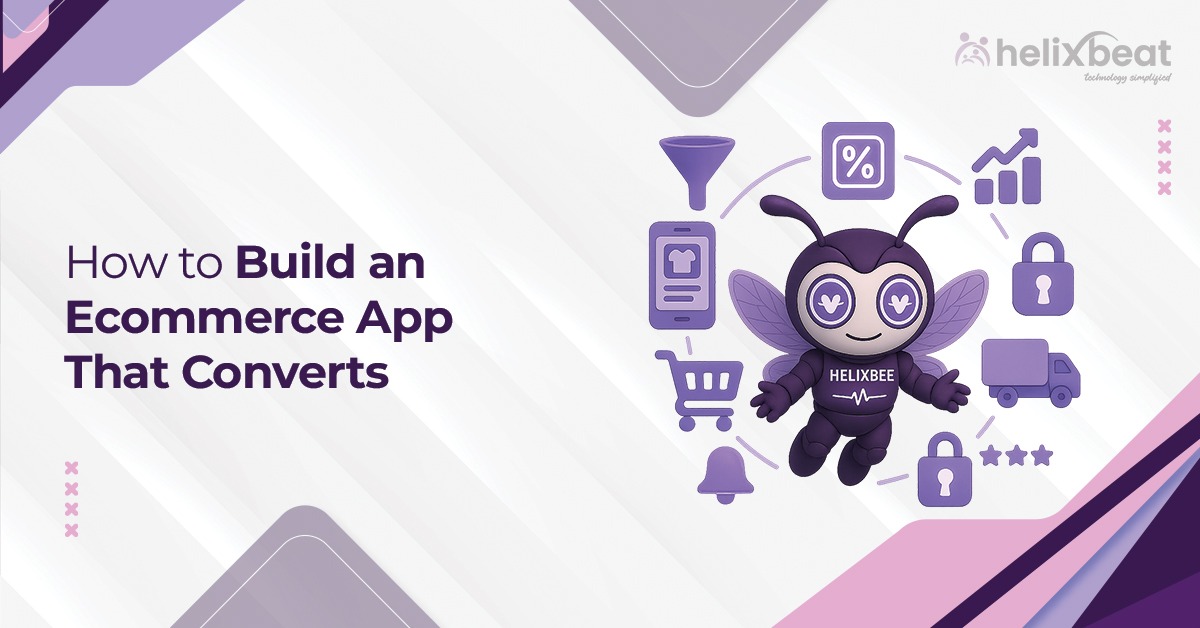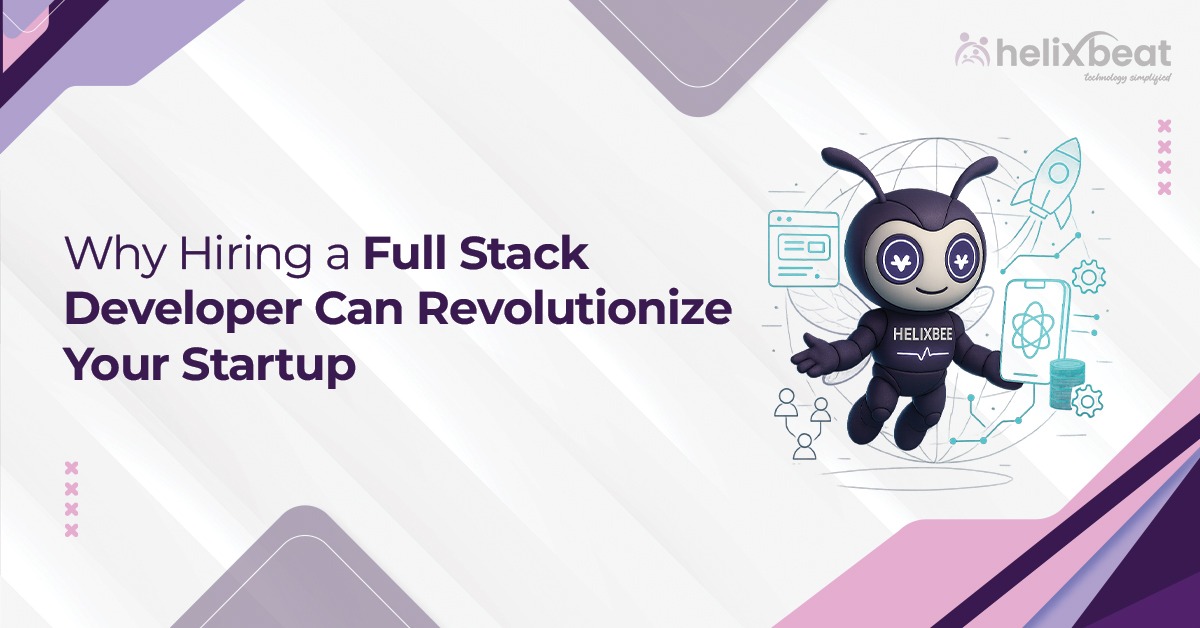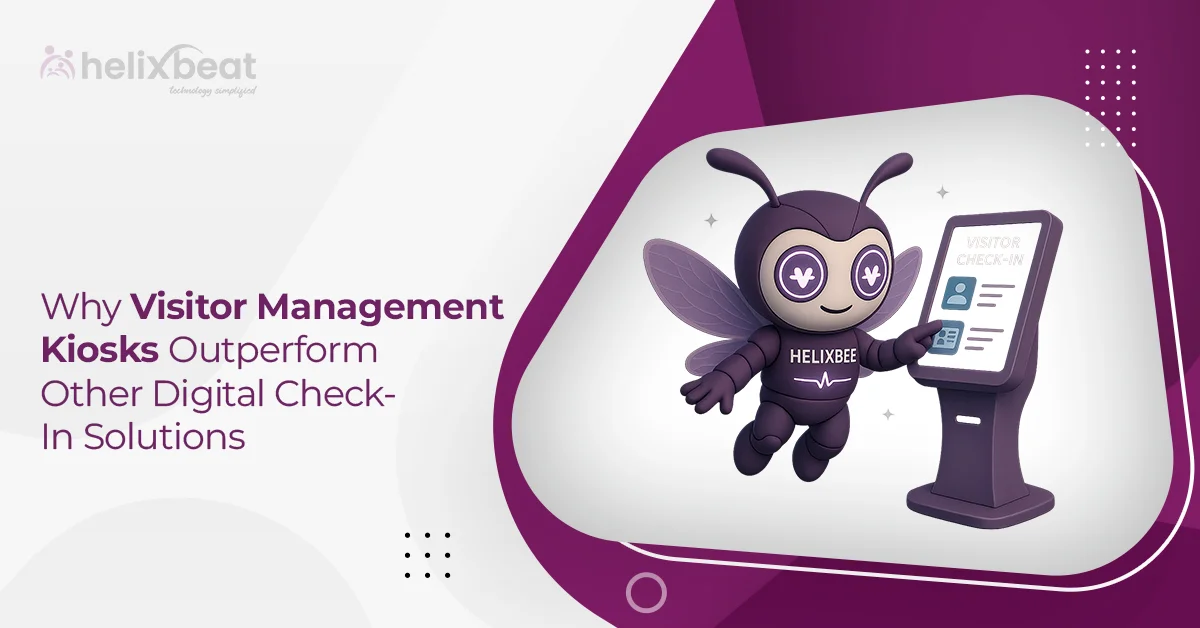In this tech-driven world, staying ahead in business is more about strategy than force. Therefore, enterprises no longer need software—they need smart, scalable, and sustainable software solutions. That’s where software consulting services come into play.
Whether you’re a startup navigating your first digital product or a large enterprise modernizing legacy systems, software consulting offers value that goes beyond lines of code. It blends technical know-how with business insights, making it a powerful catalyst for innovation and growth.
So, what makes software consulting services so valuable for modern enterprises? Let’s dive into the top benefits.
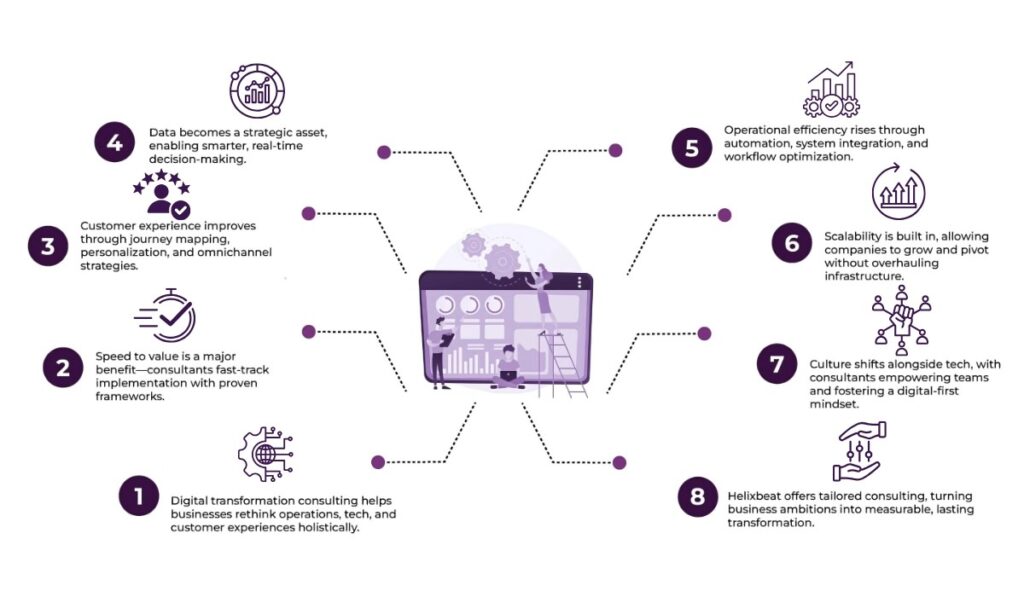
Table of Contents
1. Access to Specialized Expertise
Hiring software consultants provides immediate access to a pool of experts. These professionals bring deep knowledge across industries, programming languages, development frameworks, cloud platforms, cybersecurity protocols, etc.
Instead of relying solely on in-house talent—who may not have hands-on experience in every domain—you gain strategic support from specialists who’ve worked on diverse projects. This exposure helps identify better solutions, avoid common pitfalls, and accelerate development timelines.
2. Objective Assessment and Unbiased Insights
Internal teams often suffer from tunnel vision. They’re too close to the product, the legacy systems, or the internal politics. On the contrary, software consultants offer a fresh perspective.
They assess your current systems, workflows, and technologies without internal bias. Their objectivity helps identify inefficiencies, outdated technologies, and missed opportunities. This is especially valuable when considering digital transformation, where identifying what to keep, improve, or discard is critical.
These external consultants can also validate if a proposed investment in new software aligns with your long-term business goals—or if it’s just a shiny distraction.
3. Cost-Effective Innovation
Hiring full-time software architects, developers, UI/UX designers, and DevOps engineers can be expensive. You’re paying for salaries, benefits, training, and infrastructure. Software consulting services, on the other hand, offer a cost-efficient alternative.
You pay only for what you need—be it a one-time system audit, temporary team augmentation, or end-to-end project development. There’s no long-term payroll commitment, and yet you get access to senior-level talent that might otherwise be unaffordable.
4. Faster Time-to-Market
In crowded markets, getting your software product to customers before your competitors can mean the difference between gaining market share or becoming irrelevant.
Software consultants streamline product development with well-defined processes, agile methodologies, and ready-to-use tools. They cut through the clutter and focus on what’s essential—whether that’s a minimum viable product (MVP) or a full-scale launch.
Many consulting firms even come with reusable code libraries, templates, and automation scripts that reduce development time significantly. As a result, your business moves faster with fewer delays and sharper focus.
5. Scalability with Flexibility
Sometimes, you need a five-member team for a proof-of-concept. A few months later, that might grow into a twenty-member team working on multi-module enterprise software.
Software consulting services offer that flexibility. You can scale the team up or down based on project needs without dealing with long-term contracts or staffing headaches. This scalability is ideal for businesses undergoing growth, seasonal spikes, or digital transformation.
It also empowers innovation. Want to test a new idea before committing fully? Bring in a small team of consultants to build and validate your concept quickly—without disrupting your core operations.
6. Risk Mitigation and Compliance Support
Software development isn’t just about creating cool features. It involves data privacy, cybersecurity, regulatory compliance, and infrastructure resilience. One breach or compliance misstep can lead to heavy penalties and reputational damage.
Consulting firms help enterprises identify and manage potential risks before they escalate. Whether it’s HIPAA, PCI DSS, or SOC 2, experienced software consultants are often familiar with these frameworks and can guide development accordingly.
They also assist in setting up monitoring tools, backup systems, encryption standards, and security best practices—critical for long-term reliability and trust.
7. Tailored Solutions for Unique Needs
Unlike off-the-shelf software, which offers limited customization, software consultants create solutions tailored to your goals, industry requirements, and user expectations.
Whether it’s integrating your ERP system with a third-party CRM, building a logistics dashboard, or creating a customer portal, consulting teams translate your vision into highly customized digital tools. This not only improves operational efficiency but also enhances user experience across stakeholders.
Such tailor-made development often involves a consultative approach, starting with discovery workshops and proceeding through solution design, prototyping, implementation, and training.
8. Better Technology Choices
Java or Python? AWS or Azure? React or Angular? Software consulting services clarify these decisions. Consultants evaluate your current setup, understand your business model, and recommend technologies that best fit your budget, goals, and team capabilities.
For example, if your in-house developers are familiar with Node.js and MongoDB, the consultant might design a system that leverages that skillset instead of pushing for something unsustainable.
9. Stronger Focus on Core Business
Delegating software development to external experts frees up your internal team to focus on core business functions—marketing, customer support, supply chain, or sales.
Your leadership doesn’t have to spend endless hours micromanaging tech sprints or debugging backend issues. Instead, you can get high-level insights, clear timelines, and meaningful KPIs from the consulting team—which helps you focus on business growth and strategic planning.
This clear division of labor results in more productivity, less burnout, and higher employee morale.
10. Ongoing Support and Maintenance
Post-launch software issues are real. Bugs crop up, users provide feedback, integrations need updates, and regulations change. That’s why software consulting services often include ongoing support and maintenance as part of their offerings.
Having the same team that built your software on hand for maintenance tasks leads to faster fixes, smoother upgrades, and better continuity. You won’t need to re-explain system architecture to new developers whenever you want an enhancement.
This continuity is invaluable—especially for critical enterprise systems where downtime is costly, and support must be prompt.
11. Facilitates Digital Transformation
Enterprises undergoing digital transformation need more than just new software—they need cultural shifts, reimagined workflows, and a new way of thinking.
Software consultants come with experience in large-scale transformation projects. They help organizations migrate legacy systems to the cloud, adopt DevOps practices, implement APIs, integrate AI and more.
They don’t just build tools; they help redesign how businesses operate in a digital-first world.
Why Choose Helixbeat for Software Consulting Services?
1. Expert Guidance and Tailored Solutions
At Helixbeat, our expert consultants work closely with you to understand your specific needs and challenges.
2. Cutting-edge technology and Best Practices
From cloud computing and machine learning to AI and automation, we provide solutions that help you optimize your operations, enhance user experiences, and scale effortlessly.
3. End-to-End Support
From initial consultation and strategy development to implementation and continuous support, we guide you through every step, so your project is executed on time, within budget, and meets all your requirements.
4. Cost-Effective and Scalable Solutions
At Helixbeat, we focus on delivering solutions that offer real value. Our scalable solutions allow your business to grow without constant re-investment in new software systems.
Final Thoughts
For modern enterprises, working with experienced consultants means faster results, smarter solutions, and fewer roadblocks. Whether you’re building a new app, modernizing infrastructure, or reimagining operations—software consultants can help you do it better, faster, and with more clarity.
Partner with Helixbeat today and unlock the power of advanced software solutions. With our expertise and commitment to excellence, we’ll help you take your business to the next level. Contact us today for a free consultation.
FAQs
1. Are software consulting services cost-effective for businesses?
Yes, software consulting services offer a cost-effective alternative to hiring full-time in-house teams. You only pay for the services you need, allowing access to high-level expertise without the long-term payroll commitment.
2. Can software consulting services help in improving existing systems?
Yes, consultants can assess your current systems, identify inefficiencies, and recommend improvements or modernizations to enhance functionality, performance, and user experience.
3. Do software consultants provide long-term support?
Many software consulting services offer ongoing support and maintenance to address post-launch issues, bug fixes, upgrades, and regulatory changes, ensuring continuity and system reliability.
4. What are the key benefits of hiring software consultants?
Key benefits include access to specialized expertise, objective assessments, cost-effective innovation, faster time-to-market, and scalable solutions that can be adjusted to meet project demands.
5. How can software consultants help reduce risks in software development?
Consultants help identify and manage potential risks, such as data privacy concerns, compliance issues, and cybersecurity threats, by implementing best practices and recommending secure development frameworks.






